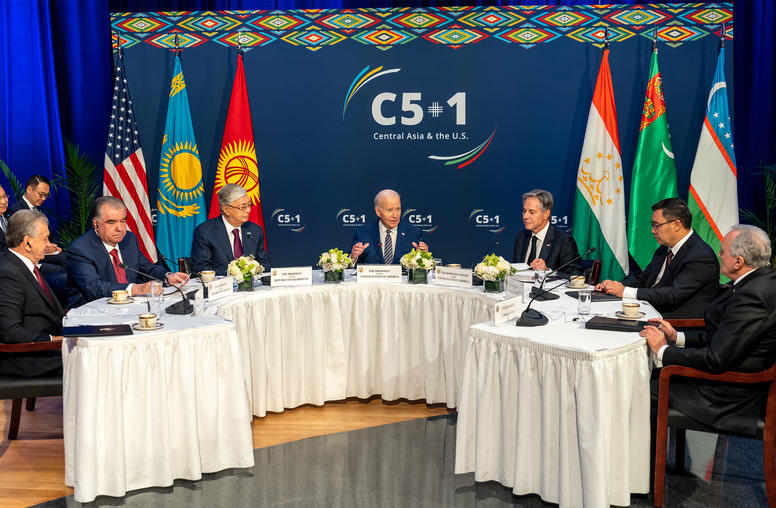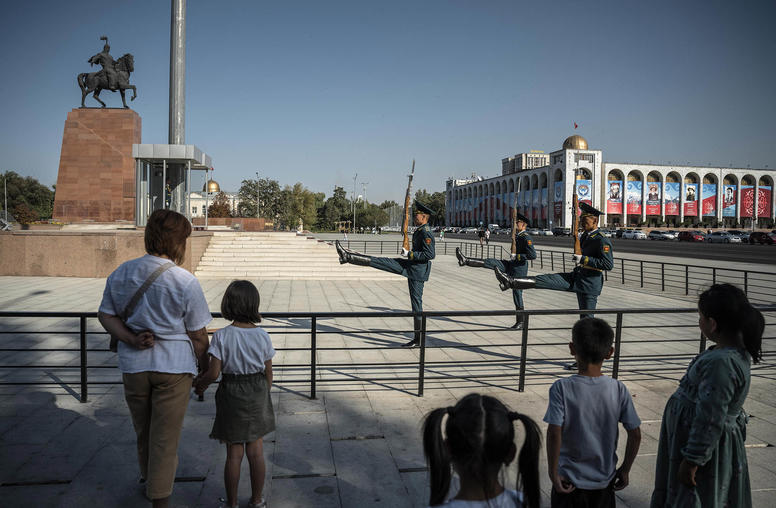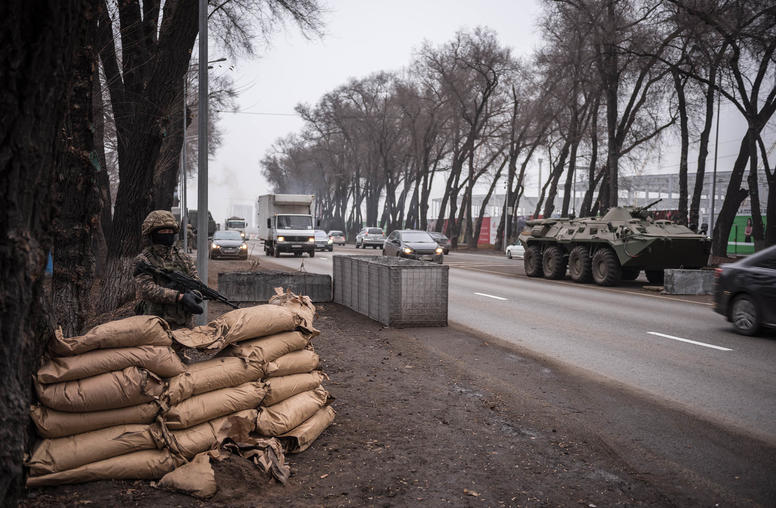This was the sixth workshop the Training Program has held for NGOs in Central Asia since 2002, and its fourth partnership with the Businesswomen's Association of Uzbekistan. The 36 women participating in this workshop came from Uzbekistan (including the autonomous area of Karakalpakstan), Kazakhstan, and Kyrgyzstan.
This was the sixth workshop the Training Program has held for NGOs in Central Asia since 2002, and its fourth partnership with the Businesswomen's Association of Uzbekistan. The 36 women participating in this workshop came from Uzbekistan (including the autonomous area of Karakalpakstan), Kazakhstan, and Kyrgyzstan. Ted Feifer and Nina Sughrue led this workshop held in Samarkand, Uzbekistan. The program was conducted in English, with interpretation into Uzbek and Russian.
While all entrepreneurs in Central Asia face challenges in establishing and running private businesses due to bureaucratic obstacles at various levels and corruption, women there face additional difficulties due to gender cultural attitudes. Women also face greater challenges in dealing with banks and credit facilities. Workshop objectives therefore were to strengthen participants' communication, negotiating and problem solving skills in bilateral and complex contexts. Our goals were to make participants more confident in analyzing dynamic situations, more effective in professional communication, and more successful in negotiation and using third parties.
This was the first experience for most participants in interactive and exercise-based conflict management training. They were highly satisfied with the workshop content as just right for their needs. They appreciated the opportunity to test and improve their negotiation skills in a range of real-life situations, and looked forward to applying their new tools in advancing their professional and business agendas.



